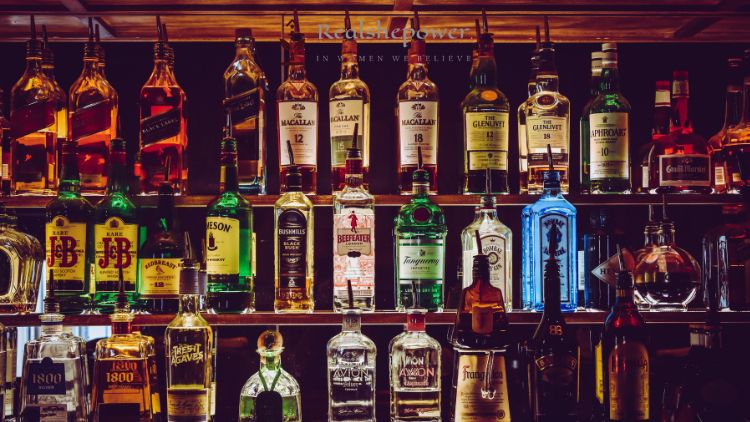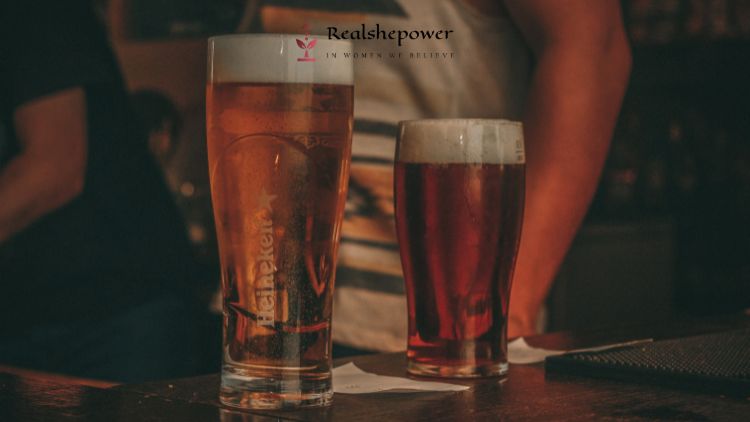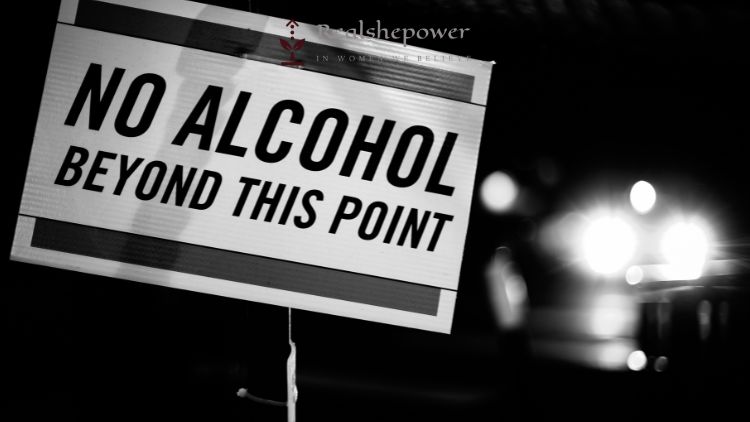12 Facts About Alcohol No One Tells You: Learn Before It’s Too Late


The effects of alcohol on the body are extensive. As soon as it enters your body, it causes immediate physiological changes in various organs, including the brain, heart, and liver. These changes eventually result in long-term health issues.
You may not be familiar with many aspects of this ubiquitous ingredient that is present in some of your favorite alcoholic beverages, including beers, wines, liquors, and cocktails. We’ll enlighten you on 12 facts regarding this frequently celebrated drug that is taken in numerous cultures all over the world.
1. Alcohol is classified as a “depressant” because it can cause certain brain functions to become slower. This can affect your thinking, behavior, and even your heart rate.
2. Teens who start drinking before the age of 15 are more likely to develop alcohol dependence later on in life.
3. Alcohol affects men’s and women’s health in different ways. Even if a woman drinks less for a shorter amount of time, she is more likely than a man to experience negative health impacts from long-term drinking.
4. Compared to men who are alcohol dependent, women who are dependent on alcohol have a 50–100% higher risk of dying from alcohol-related causes.
5. The use of alcohol is a significant risk factor for dementia.
6. Muscles absorb alcohol more quickly than fat. As a result, people with more muscles and less body fat have a higher tolerance to alcohol.
7. Being able to drink without feeling the effects could indicate that you’re developing alcohol tolerance. Regular alcohol consumption can put you at risk for AUD (Alcohol Use Disorder) over time.
8. You can not sober up quickly with a cup of coffee. The truth is that coffee contains caffeine, a stimulant that can increase alertness and awakeness. It has no effect on how quickly your body processes alcohol. If you’ve been drinking, give your body some time to recover.

9. All alcoholic beverages, including wine and beer, contain the same active ingredient. All standard drinks have the same amount of alcohol in them. A typical drink includes:
- 12 ounces of beer (5 percent alcohol)
- 8–9 ounces of malt beer (7 percent alcohol)
- 5 ounces of wine (12 percent alcohol)
- 1.5 ounces of distilled alcohol (40 percent alcohol)
10. There may be some health advantages to moderate alcohol consumption. That does not imply, nevertheless, that there are no risks. The risks can be greater for some individuals than any potential rewards.
Among them are those who:
- are pregnant or trying to get pregnant
- consume prescription drugs that interact with alcohol
- having liver or pancreatic disease,
- having a weak heart,
- having had a stroke,
- intending to operate a vehicle or machinery
- a family history of alcoholism or AUD, or both
11. Severe hangovers are more likely to occur after consuming dark alcoholic beverages like red wine or whiskey. Alcohol that is white or clear has a lower chance of giving you a hangover.
12. Binge drinking has been linked to major health issues like cancer, heart disease, and unintended injury. It makes no difference how rarely you do it. You run the risk of endangering your health if you have four or more drinks (for women) or five or more drinks (for men) in one sitting.

Girls, keep these three things in mind to stay safe:
- Never take drinks from strangers or leave your drink alone as someone can add something to it without your knowledge.
- Be mindful of your surroundings and take care of yourself and your friends.
- If a person is under the influence of alcohol, they cannot legally consent to sexual activity. In other words, alcohol impairment renders a person incapable of giving consent for sexual activity under any circumstances.
Know the law
- Alcohol purchased by a person under the age of 18 (the legal drinking age in your country) or by an adult on their behalf is illegal.
- It’s prohibited by law for a person under the age of 18 to consume alcohol on a licensed property, such as a bar or pub unless they are 16 or 17 years old and in an adult’s company. They may legally consume alcohol with meals in this situation, but they may not purchase beer, wine, or cider.
Keep in mind that different countries, cities, and states have different minimum drinking ages. Before ordering that alcohol, double-check.

Become a member of RealShePower community
